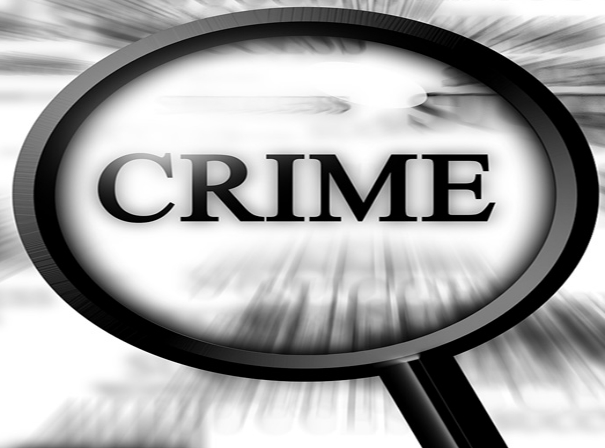- 35% of businesses have been targeted by criminal activity
- Dublin businesses most impacted by crime
- Most common crime is burglary
- 24% businesses do not report crimes.
- 35% of businesses have never received crime reduction advice
ISME, the Irish SME Association published the results of its national crime survey today (13th September). The survey found that 35% of business have been the victim of crime in the past twelve months, with 75% experiencing more than two incidents. The Association in its publication makes eleven recommendations to Government, law enforcement, and business to help reduce crimes.
Commenting on today’s publication ISME CEO, Neil McDonnell said “Today’s results represent a mixed bag. It is disappointing to see levels of crime against business increasing. The cost of crime can have a devastating impact on businesses. Crime not only reduces profit and increases cost, but it affects corporate reputation and employee morale.”
“Small businesses are particularly vulnerable to cash flow difficulties as a result of business crime; they find it more difficult to absorb the unexpected cost.
“32% of those surveyed stated that criminal activity resulted in a disruption to trading, while 21% experienced higher insurance costs. All of these costs impact greatly on business productivity.”
“We have made eleven recommendations we feel would reduce business crime. One of these recommendations is the introduction of a single, national definition for business crime in Ireland under the ICCS Offence Groups published by the CSO, as is done in the UK. Such a move would allow for offences to be properly tagged, measured, analysed and ultimately solved by An Garda Síochána.”
The main findings are:
- 35% of companies have been the target of criminal activity in the last 12 months; a 4% increase on the 2016 figures.
- 54% of enterprises stated the direct cost of criminal activity was €1,000-€5,000, while 10% of business stated that direct cost was more than €10,000.
- 21% of respondents said they believe that crime in their locality is ‘getting worse,’ down from 28% in 2016. This is an improvement of 7% from 2016.
- Of the 63% of respondents are were aware of the Crime Prevention Office, only 19% had used the service. Only 15% of Dublin businesses have used this service.
- 67% of respondents favoured the concept of sharing CCTV data among businesses to combat crime, up from 58% in 2016.
- SME owner-managers rate an increase in Garda numbers as the most effective deterrent against crime at 79%. Tougher sentencing follows behind on 71%, while 61% would like to see more CCTV in town centres.
- 35% of companies have never requested crime reduction advice. Of those who did, 25% received their advice from a security company and 18% received it from the Gardaí.
- Of those who did not report the criminal incidents, 35% stated that it was because they believed the crime was ‘too trivial’ (an improvement from 56% in 2016), while 24% stated they had ‘no faith that the criminal would be charged.’
- SME owner-managers rate an increase in Garda numbers as the most effective deterrent against crime at 79%. Tougher sentencing follows behind on 71%, while 61% would like to see more CCTV in town centres.
- The survey results confirm that only 10% of SME owner/managers are confident that if they were the victim of a crime that the criminal would be apprehended (a decline from 12% in 2016).
He added,
“In the midst of the many other difficulties facing the law enforcement sector, we hope this report will help maintain Government focus on crime against business and employers.
